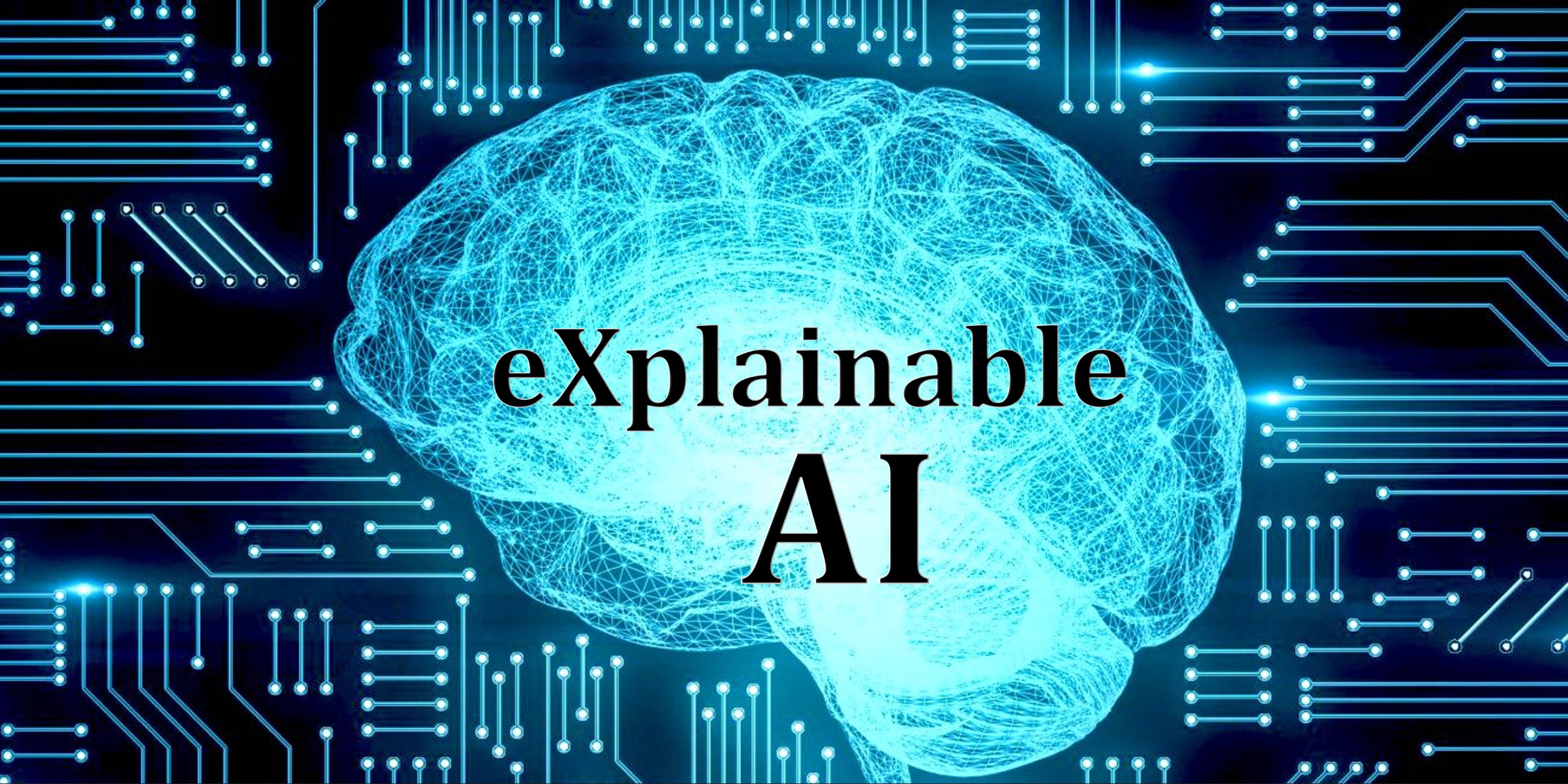Real-World Applications of AI in ICT
Introduction
Artificial Intelligence (AI) has revolutionized the field of Information and Communication Technology (ICT) by enabling machines to perform tasks that typically require human intelligence. From enhancing customer experiences to optimizing business operations, AI applications are diverse and impactful. This article explores several real-world applications of AI in ICT, highlighting how this technology is transforming various industries and driving innovation.
1. Customer Service and Support
Overview: AI-powered chatbots and virtual assistants are widely used in customer service to provide instant support and streamline communication.
Applications:
- Chatbots: Companies use AI-driven chatbots to handle customer inquiries, resolve issues, and provide information. These chatbots can understand and respond to natural language, making them efficient at managing high volumes of customer interactions.
- Virtual Assistants: AI virtual assistants, such as Apple’s Siri, Amazon’s Alexa, and Google’s Assistant, help users with tasks like scheduling appointments, setting reminders, and providing weather updates. In businesses, virtual assistants can automate routine tasks, freeing up employees to focus on more complex activities.
- Sentiment Analysis: AI algorithms analyze customer feedback and social media interactions to gauge customer sentiment. This helps businesses understand customer perceptions and improve their products and services accordingly.
2. Cybersecurity and Threat Detection
Overview: AI plays a critical role in enhancing cybersecurity by detecting and mitigating threats in real-time.
Applications:
- Intrusion Detection Systems (IDS): AI-based IDS can identify unusual patterns and behaviors in network traffic, flagging potential security threats. These systems use machine learning algorithms to detect anomalies and prevent unauthorized access.
- Fraud Detection: Financial institutions use AI to detect fraudulent transactions by analyzing transaction data and identifying deviations from typical behavior. AI systems can quickly flag suspicious activities, helping to prevent fraud.
- Malware Detection: AI algorithms can identify and classify malware based on patterns and signatures, even if the malware is new and unknown. This proactive approach helps protect systems from emerging threats.
3. Predictive Maintenance
Overview: AI-driven predictive maintenance uses data from sensors and IoT devices to predict equipment failures before they occur.
Applications:
- Industrial IoT (IIoT): In manufacturing, AI-powered systems monitor equipment performance and analyze data to predict when maintenance is needed. This reduces downtime, extends the lifespan of machinery, and optimizes maintenance schedules.
- Smart Buildings: AI is used in smart buildings to monitor HVAC systems, lighting, and other infrastructure components. Predictive maintenance ensures that these systems operate efficiently, reducing energy consumption and maintenance costs.
4. Natural Language Processing (NLP) and Language Translation
Overview: AI-powered NLP enables machines to understand, interpret, and generate human language, facilitating communication across different languages.
Applications:
- Language Translation: AI-driven translation tools, such as Google Translate and DeepL, provide real-time translations for text and speech. These tools are valuable for businesses operating in global markets, as they enable communication with customers and partners in different languages.
- Voice Recognition: AI-powered voice recognition systems, like those used in virtual assistants, can transcribe spoken language into text. This technology is used in applications like dictation software, automated transcription services, and accessibility tools for people with disabilities.
- Content Generation: AI algorithms can generate written content, such as news articles, reports, and marketing materials. NLP models like GPT-4 can produce coherent and contextually relevant text, making them useful for automating content creation.
5. Personalized Marketing and Recommendations
Overview: AI is widely used in personalized marketing to deliver targeted content and recommendations to users based on their preferences and behavior.
Applications:
- Recommendation Engines: E-commerce platforms like Amazon and streaming services like Netflix use AI-powered recommendation engines to suggest products, movies, and shows based on user preferences and viewing history. These personalized recommendations enhance the user experience and drive sales.
- Targeted Advertising: AI algorithms analyze user data to deliver personalized ads that are more likely to resonate with individual consumers. This targeted approach improves ad relevance and effectiveness, leading to higher conversion rates.
- Customer Segmentation: AI helps businesses segment their customer base by analyzing demographics, behavior, and purchasing patterns. This allows for more precise targeting and tailored marketing campaigns.
6. Healthcare and Medical Diagnostics
Overview: AI is transforming healthcare by improving diagnostics, treatment planning, and patient care.
Applications:
- Medical Imaging: AI algorithms can analyze medical images, such as X-rays, MRIs, and CT scans, to detect abnormalities and assist in diagnosing conditions like cancer, heart disease, and neurological disorders.
- Personalized Medicine: AI-driven analytics help identify the most effective treatments for individual patients based on their genetic makeup and medical history. This approach, known as precision medicine, enables personalized treatment plans that improve patient outcomes.
- Virtual Health Assistants: AI-powered virtual health assistants provide patients with information about symptoms, medications, and treatment options. They can also remind patients to take medications and monitor chronic conditions.
7. Smart Cities and Transportation
Overview: AI is integral to the development of smart cities, optimizing urban infrastructure, transportation, and public services.
Applications:
- Traffic Management: AI systems analyze traffic patterns and adjust traffic signals in real-time to reduce congestion and improve traffic flow. This technology is also used in autonomous vehicles to navigate and make driving decisions.
- Public Safety: AI-powered surveillance systems enhance public safety by monitoring public spaces and identifying suspicious activities. Facial recognition and object detection technologies are used for security and law enforcement purposes.
- Energy Management: AI optimizes energy consumption in smart grids and buildings by predicting demand and adjusting energy usage. This helps reduce costs and promote sustainable energy use.
Conclusion
The integration of AI in ICT has led to significant advancements across various industries, improving efficiency, accuracy, and customer experiences. From customer service and cybersecurity to healthcare and smart cities, AI applications are reshaping how businesses and societies operate. As AI technology continues to evolve, its potential to drive innovation and solve complex challenges will only grow, making it an indispensable tool in the digital age.






